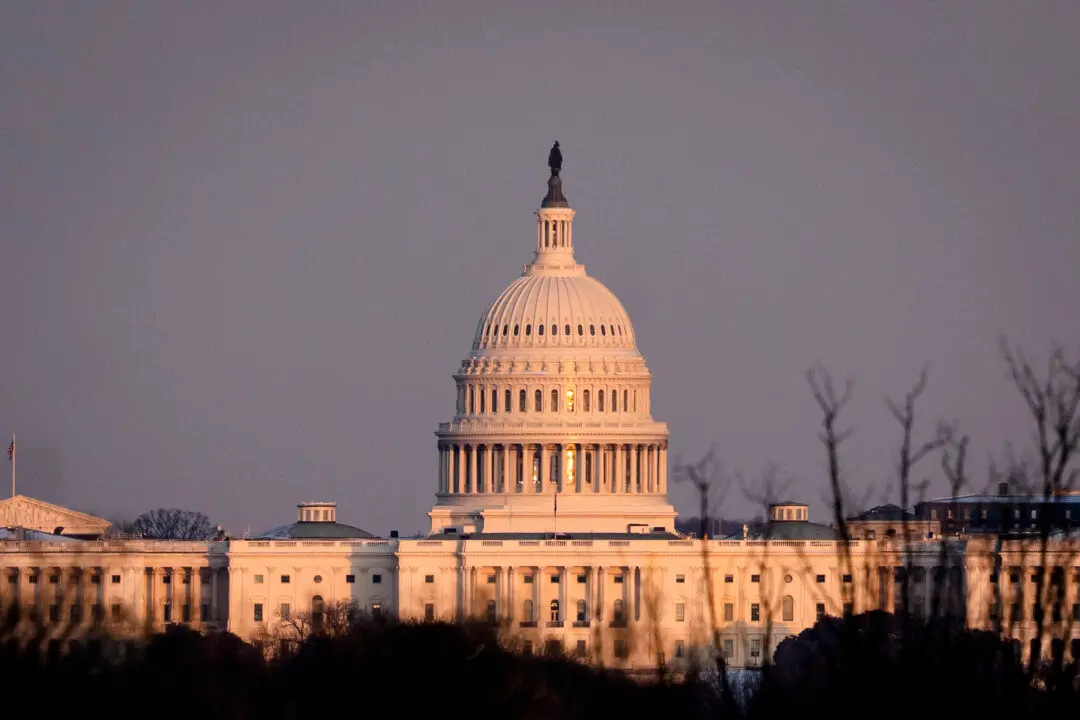The U.S. Senate Finance Committee on Feb. 16 held a hearing on “Ending trade that cheats American workers by modernizing trade laws and enforcement, fighting forced labor, eliminating counterfeits, and leveling the playing field.”
Much of the hearing, which was gaveled in by Chairman Ron Wyden (D-Ore.), focused on the ways that China exploits trade cheats to increase its own wealth and influence.





